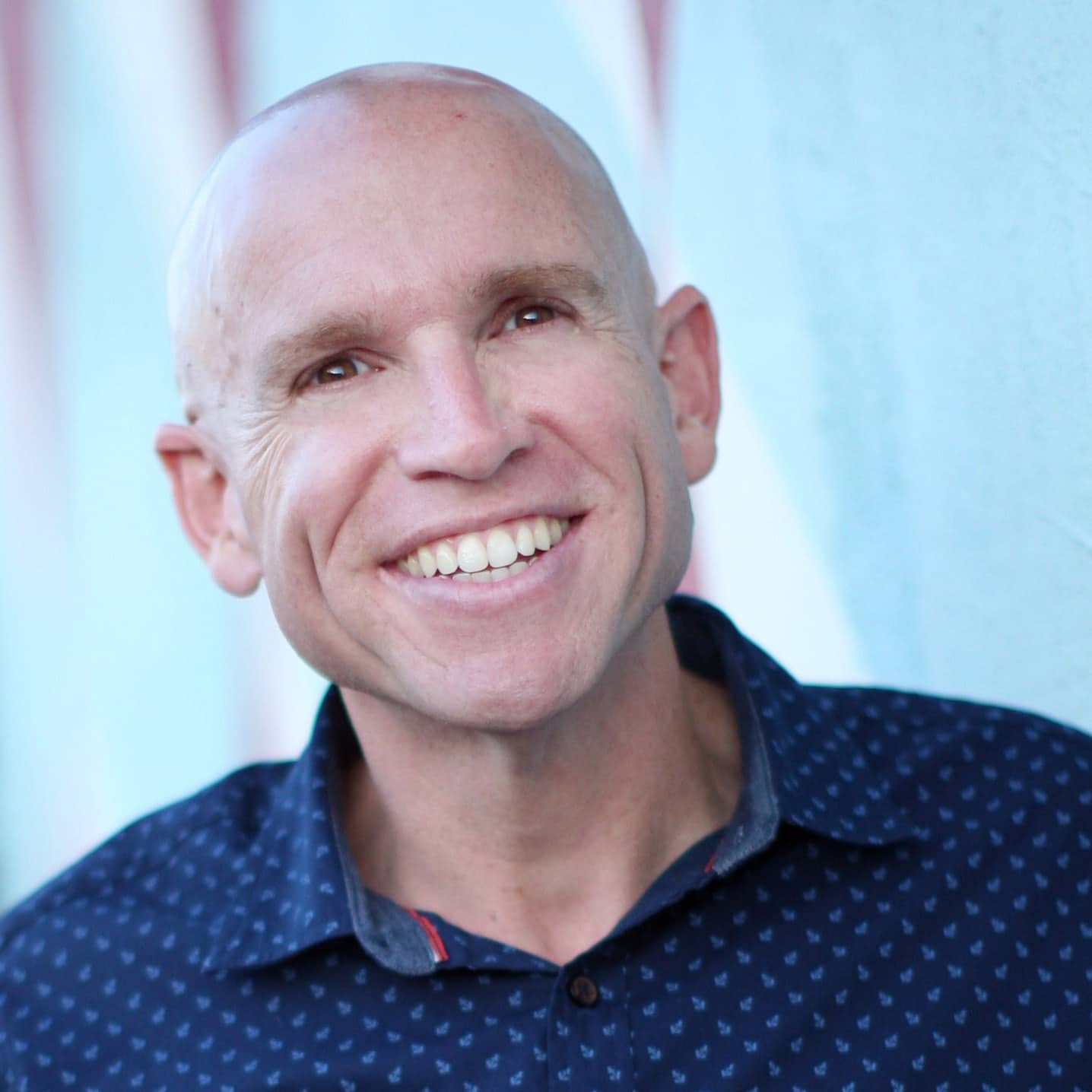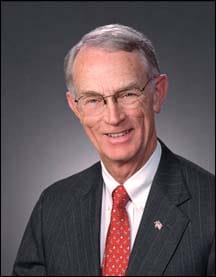Perched on a hill overlooking the historic southeastern London borough of Greenwich, the Royal Observatory represents, as some have claimed, the center of the modern world.
Chosen in 1884 by delegates from 25 nations as the location of the prime meridian, or Longitude 0°, Greenwich has served as the standard for mapping and world time zones ever since. Today, this thriving part of London holds great promise for impacting the world.
Home to the University of Greenwich and located just across the Thames River from Canary Warf, London’s bustling financial district, the borough’s 270,000 residents are largely young professionals and students. Grounded in a secular worldview and seeming success, most of them feel no need for religion, much less the gospel.
However, International Mission Board church planter Chad Rigney and his wife, Lynsi, have seen God open a door for ministry to these millennials and are praying for the gospel to transform this community.
When the Rigneys arrived in London in 2013, they settled into the northwestern London borough of Harrow and began visiting churches in the area to determine where God was at work. Although initially saddened by the number of gospel-less and dying churches, they eventually launched a “missional community”—a group of believers who grow together in their faith, serve one another and seek opportunities to bring the gospel to their neighborhoods.
The group has met in their home for the past two years, focusing on a three-part rhythm of discipleship—up, in and out.
Chad Rigney explains: “Up—meaning we need to have times when we’re worshipping God and we’re learning in the Scriptures. In—we need to do family and take care of one another well. This means hanging out and having dinners together. And then, out—we need to have a mission that we’re doing together focused outward.”
For example, they organized a Christmas party for their first outwardly focused event and invited non-religious friends. One of those who came remarked how great the party was and asked how the group knew each other, which opened the door for a spiritual conversation.
IMB’s Global Cities Initiative
London has been dubbed by some as the world’s capital city, based on its influential role as a global financial center as well as a leading international city for business, the arts, education, tourism and ethnic diversity. More than 300 languages are spoken in London, and 37 percent of the city’s population was born outside the U.K., one-fourth of which have moved to London in the last five years.
Forbes magazine ranked London as the “most influential city in the world,” but the city that once served as fertile ground for great Christian preaching and churches has grown fallow over the last 50 years.
In 1963, 3.2 percent of London’s population claimed to have no affiliation with religion. In 2015, that number had risen to a staggering 44.7 percent. The Anglican Church alone saw a 33 percent drop during this span.
“There’s no lack of church buildings in London, but the average congregation is fewer than 20 people,” IMB senior city manager James Roberts told the TEXAN.
Roberts is part of the leadership team in London strategizing a comprehensive missions approach to reach this city of 8.6 million. More than 50 non-indigenous communities, each with 10,000 people or more, have been identified in London, making it truly a global city.
Recognizing global migration patterns from rural to urban settings, IMB has named London—along with Dubai, Shanghai, Kuala Lumpur, and a major city in South Asia (unnamed for security purposes)—as focal points in its GCI pilot. Cities were selected based on their potential for global influence as well as the vast numbers of unengaged, unreached people group represented in these cities. The goal is that as members of these people groups are transformed by the gospel while living in these major cities, they will return to their homelands as indigenous missionaries.
In London, this plan involves using the city’s more than 280 underground tube stops as targets for missional communities. The team’s “God-sized vision” includes having a missional community at every stop, and they are in the initial stages of mapping the areas and conducting demographic research to aid in future evangelism and discipleship.
“We want to engage people groups; we want to see London reached,” Roberts said, adding that their strategy includes the “goal of starting new groups, doing evangelism, and training leaders, with the hope of starting new churches.”
IMB President David Platt’s vision of “limitless missionaries” requires “multiple pathways” for engaging lostness all over the world. In addition to career missionaries, IMB is looking for Christian students, business professionals and retirees willing to move overseas to aid mission teams in one of the five GCI cities. These life stages, combined with numerous opportunities for education and employment, serve as platforms for missions engagement either short-term or long-term.
“Our hope for (students and business professionals) who come with GCI is not only will they help engage with us in what we’re doing in the city, but they will start ministry in their areas of influence,” Roberts said.
“London is also a place where retirees can come and engage. Retirees are incredible because they have resources, time and a ton of wisdom. They’ve been walking with God longer than most of us, and they have a different perspective. We can release them into the city and engage them in all different kinds of ways.”
IMB also wants partner churches in the United States that will select a city and mobilize its members who might be interested in connecting with a team. The board even has access consultants in each city that can help business professionals discover potential job openings. In each of these megacities, abundant opportunities for gospel engagement exist.
For more information and to find out how you or your church can partner with IMB through the Global Cities Initiative, visit imb.org/gci.
Interaction with his missional community has helped Rigney understand the culture around him, both religious and non-religious.
“It’s been a really good learning experience,” Rigney says. “As missionaries and working with nationals—they’re British and we’re the only Americans—it’s been a good three years of learning the culture and learning the difference between the States and here. … Even the worldview of Christians here (is a little different).
“I’ve had to remove a lot of my Christian vernacular, even among Christians. It’s been a longer journey than I thought it would be.”
A Sending Church in Texas
Rigney attended Criswell College and served as a youth minister for a number of years before sensing a call to missions. Connection Community Church (C3) in Rowlett, Texas, embraced his desire to reach London with the gospel and served as the sending church. Over the past few years, C3 has provided financial and prayer support in addition to sending missions teams to help the Rigneys work in this global city.
Teams often conduct surveys in neighborhoods, transitioning to spiritual questions at the end in order to open gospel conversations. This past summer, a team also met practical needs in Harrow, receiving permission from the local council to beautify a park, which created a platform for the missional community to be involved in community development.
C3 Missions Pastor Mike Julian said the church is excited about the Rigneys’ focus on missional communities and church planting.
“Really, the overall goal is to plant multiple churches through missional community,” Julian said.
“I know Chad’s heart is not necessarily to be the front man for the next 10 years. His heart is to build a missional community and have a local come in and pastor that, and then go grow another missional community and have a local come in and pastor that. It’s been exciting, working with Chad, because I know he’s not in it for selfish gain. He’s in it for kingdom ministry.”
Julian hopes to mobilize church members and college students to serve alongside the Rigneys for more than a week in London.
Moving to Greenwich
Earlier this summer, God opened new doors for church planting in the city and provided the Rigneys with a London church planter’s dream—a permanent building. While visiting with a local Baptist association about their work in the city, Chad was told that a Baptist church in Greenwich had recently closed its doors and disbanded. The leadership at the association shared his vision for church planting and offered him the building, which he accepted in October.
As his family moves to Greenwich to start this new work, Rigney said he’s confident the missional community in Harrow will be in good hands, as one of the men in the group will take the lead. Rigney plans to start new missional communities in Greenwich, which dovetails into the IMB city strategy for London—one of five newly announced megacities that are being piloted as part of the mission board’s new Global Cities Initiative (see related story on this page).
In Greenwich, the Rigneys want to do their part in seeing London transformed by the gospel through planting churches. As a result, they hope this transformation will spread globally as university students and business professionals move back to their homelands as witnesses for Christ.
“We’re not here for us,” Chad says. “We’re going to exist for people who aren’t in our community yet, who aren’t Christians yet.”

 Josh Smith, pastor of MacArthur Blvd Baptist Church in Irving, will nominate Nathan Lino, pastor of Northeast Houston Baptist Church (NEHBC) in Humble, for SBTC president. Born in South Africa, Lino’s family immigrated to the Houston area when he was 11. He planted NEHBC in 2002 and has served previously as first vice president of the Southern Baptist Convention from 2012-2013 as well as SBTC first vice president from 2006-2008.
Josh Smith, pastor of MacArthur Blvd Baptist Church in Irving, will nominate Nathan Lino, pastor of Northeast Houston Baptist Church (NEHBC) in Humble, for SBTC president. Born in South Africa, Lino’s family immigrated to the Houston area when he was 11. He planted NEHBC in 2002 and has served previously as first vice president of the Southern Baptist Convention from 2012-2013 as well as SBTC first vice president from 2006-2008. Ms. Jerry Jones, director of Christian education at Sweet Home Baptist Church, plans to nominate her pastor, Dante Wright, pastor of Sweet Home Baptist Church in Round Rock, for vice president. Wright has served two years as SBTC secretary from 2013-2015. Wright spent 10 years as a football coach before surrendering to ministry and coming to pastor Sweet Home Baptist Church.
Ms. Jerry Jones, director of Christian education at Sweet Home Baptist Church, plans to nominate her pastor, Dante Wright, pastor of Sweet Home Baptist Church in Round Rock, for vice president. Wright has served two years as SBTC secretary from 2013-2015. Wright spent 10 years as a football coach before surrendering to ministry and coming to pastor Sweet Home Baptist Church. Ben Wright, pastor of Cedar Pointe Baptist Church in Cedar Park, will nominate Juan Sanchez, pastor of High Pointe Baptist Church in Austin, as secretary. Sanchez has served as pastor of High Pointe since 2005 and also serves on the faculty of The Southern Baptist Theological Seminary as assistant professor of Christian theology.
Ben Wright, pastor of Cedar Pointe Baptist Church in Cedar Park, will nominate Juan Sanchez, pastor of High Pointe Baptist Church in Austin, as secretary. Sanchez has served as pastor of High Pointe since 2005 and also serves on the faculty of The Southern Baptist Theological Seminary as assistant professor of Christian theology.
 BOERNE Former Houston Baptist University President Edward D. (Doug) Hodo Sr. passed away Oct. 10 after a brief battle with cancer. He was 81.
BOERNE Former Houston Baptist University President Edward D. (Doug) Hodo Sr. passed away Oct. 10 after a brief battle with cancer. He was 81.








